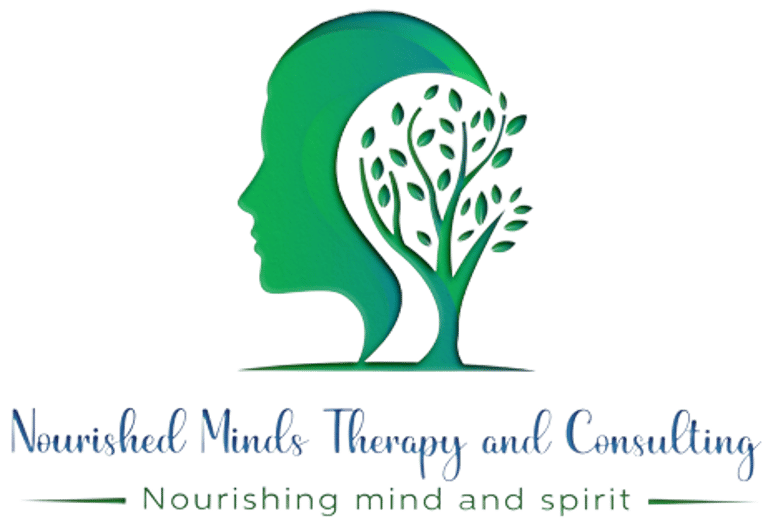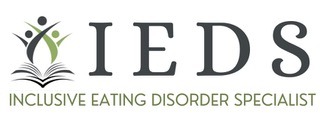Now scheduling EMDR Intensives!
LGBTQ+ Therapy Support
LGBTQ+ individuals often find themselves navigating unique challenges that can significantly impact their mental health and well-being. As a therapist committed to fostering a safe and inclusive environment, I believe that LGBTQ+ therapy is not just about addressing specific issues related to sexual orientation or gender identity; it’s about offering comprehensive support that recognizes and honors the whole person. Below, I outline just some of the areas a therapist should be knowledgeable in to provide affirmative, appropriate care for the Queer community.
Understanding the Unique Challenges Faced by LGBTQ+ Individuals
LGBTQ+ individuals often experience mental health challenges that are compounded by societal stigma, discrimination, and the stress of navigating a world that may not fully accept them. These challenges can include:
Minority Stress:
Minority stress refers to the chronic stress experienced by individuals who belong to stigmatized social categories, such as the LGBTQ+ community. This type of stress can manifest as anxiety, depression, and other mental health issues, resulting from ongoing experiences of prejudice, rejection, and discrimination.
Coming Out and Identity Development:
The process of coming out—disclosing one's sexual orientation or gender identity—can be a significant source of stress and anxiety. Fear of rejection from family, friends, or society at large can create internal conflict and emotional turmoil. Therapy provides a safe space to explore these feelings and to develop strategies for coming out in a way that feels authentic and safe.
Gender Dysphoria:
For transgender and non-binary individuals, gender dysphoria— the distress that arises from a mismatch between one's gender identity and assigned sex at birth—can be a profound source of psychological pain. Therapy can help individuals navigate this experience, offering support around gender transition, identity affirmation, and managing societal challenges related to gender expression.
Intersectionality and Cultural Competence:
LGBTQ+ individuals often hold multiple marginalized identities, such as being a person of color, living with a disability, or belonging to a specific religious community. The intersection of these identities can compound the challenges faced by LGBTQ+ individuals. Culturally competent therapy recognizes and addresses these intersecting identities, providing a more nuanced and empathetic approach to care.
Relationship Challenges:
LGBTQ+ individuals may face unique challenges in their relationships, including navigating societal expectations, dealing with internalized homophobia or transphobia, and managing the impact of discrimination on partnerships. Therapy can provide tools for communication, conflict resolution, and building healthy, affirming relationships.
Trauma and Resilience:
Many LGBTQ+ individuals experience trauma, whether it be from direct acts of violence, rejection from loved ones, or the cumulative impact of living in a society that often marginalizes their identity. Therapy can play a crucial role in helping individuals process these traumatic experiences, build resilience, and reclaim a sense of safety and empowerment.
The Role of Affirmative Therapy in LGBTQ+ Care
Affirmative therapy is a therapeutic approach that recognizes and celebrates LGBTQ+ identities. It is grounded in the belief that LGBTQ+ individuals deserve to be understood, accepted, and supported in all aspects of their lives. Affirmative therapy seeks to counteract the negative impacts of societal stigma by offering a space where LGBTQ+ clients can explore their identities without fear of judgment or discrimination. Key components of affirmative therapy include:
Validation of Identity:
Affirmative therapy begins with a fundamental respect for each client's self-identified sexual orientation and gender identity. This validation is crucial for clients who may have faced invalidation or rejection in other areas of their lives. By affirming the client's identity, therapy fosters a sense of self-worth and empowerment.
Education and Awareness:
Affirmative therapists are knowledgeable about LGBTQ+ issues, including the unique challenges faced by this community. They stay informed about current research, legal developments, and cultural trends that impact LGBTQ+ individuals. This awareness allows therapists to provide informed care that is relevant to the client's lived experience.
Cultural Competence:
Affirmative therapy is not a one-size-fits-all approach. It requires therapists to be culturally competent, understanding how intersecting identities—such as race, ethnicity, religion, and socioeconomic status—affect the client's experience. This cultural competence ensures that therapy is sensitive to the full range of factors influencing the client's mental health and well-being.
Empowerment and Advocacy:
Affirmative therapy is not just about individual healing; it also involves empowering clients to advocate for themselves and their community. This can include helping clients develop skills to navigate discrimination, supporting them in coming out to family or in the workplace, or assisting them in accessing community resources.
Support for Families and Relationships:
Family acceptance plays a critical role in the mental health of LGBTQ+ individuals. Affirmative therapy often involves working with families to help them understand and support their LGBTQ+ loved ones. This work can be vital in reducing family conflict, increasing acceptance, and fostering healthier family dynamics.
Therapeutic Approaches in LGBTQ+ Therapy
LGBTQ+ therapy may draw on a variety of therapeutic approaches to address the unique needs of this community. Some modalities may include:
Cognitive Behavioral Therapy (CBT):
CBT is widely used to help LGBTQ+ individuals manage anxiety, depression, and other mental health challenges. This approach focuses on identifying and changing negative thought patterns and behaviors. In the context of LGBTQ+ therapy, CBT can be used to address internalized homophobia or transphobia, build self-esteem, develop affirming coping strategies, and set boundaries with unsupportive people or environments.
Acceptance and Commitment Therapy (ACT):
ACT is a mindfulness-based approach that encourages clients to accept their thoughts and feelings rather than trying to change them. This approach can be particularly beneficial for LGBTQ+ individuals struggling with issues related to identity, self-acceptance, and societal pressure. ACT helps clients focus on living a values-driven life, even in the face of challenges.
Narrative Therapy:
Narrative therapy involves helping clients reframe their life stories in a way that empowers them. For LGBTQ+ individuals, this might involve reclaiming narratives that have been shaped by societal stigma or rewriting their story in a way that honors their true identity. This approach can be particularly healing for those who have experienced trauma or rejection.
Trauma-Informed Therapy:
Many LGBTQ+ individuals have experienced trauma related to their sexual orientation or gender identity. Trauma-informed therapy recognizes the impact of these experiences and provides a safe, supportive environment for healing. This approach often incorporates techniques from other modalities, such as CBT or EMDR (Eye Movement Desensitization and Reprocessing), to help clients process and move past traumatic events
By providing a safe, inclusive, and affirming space, therapy can help LGBTQ+ individuals navigate the challenges they face, build resilience, and live fulfilling, authentic lives. Whether it’s through exploring identity, healing from trauma, or developing healthier relationships, therapy can offer a pathway to greater well-being and self-acceptance. As a therapist, I am committed to offering compassionate, culturally competent care that honors each client's journey and supports their mental health and overall well-being. Nourished Minds Therapy specializes in various treatment approaches to support LGBTQIA individuals, and Kathrina Cann is a proud ally.







